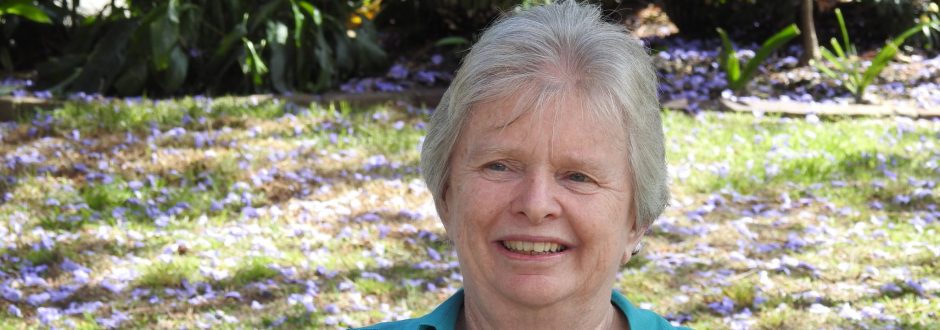Upholding the basic human rights of asylum seekers and refugees calls for concerted action from all Australians who believe in a just and compassionate society, says Good Samaritan Sister Clare Condon.
BY Clare Condon SGS
Currently in the Australian Senate, there is an inquiry being held into the brutal violence that took place inside the Manus Island detention centre during February 16-18 this year.
Last week at the inquiry, Steve Kilburn, a former security guard with G4S, the company contracted to provide security at the detention centre, said: “I think constantly about the young Somalian boy who was probably only 19 or in his early 20s, who was so badly beaten that he could not eat or speak”.
Also appearing at the inquiry was 24-year-old Nicole Judge, a former Salvation Army worker at the Manus Island detention centre, who described the centre as a “rape dungeon”.
In early June, here on Australian soil in Geelong, a young Tamil asylum seeker living in the community, self-immolated and later died. Such was his desperation it seemed that, for him, it was better to die in Australia than be killed in Sri Lanka.
In every media picture we see of young men held behind barbed-wire fencing in detention centres, either in Australia or off-shore at the behest of the Australian government, I see despair and hopelessness. This despair and hopelessness is created by government policy, but it does not have to be so. Not only is this policy in breach of Australia’s commitments to international conventions, it is in breach of normal human ethical and moral behaviour.
In Australia, we are currently celebrating Refugee Week; the theme is “Restoring Hope”. Yet, asylum seekers and refugees coming to Australia with hope for a new life are instead treated with cruelty and punishment. They are given no sense of a hope-filled future. They have fled their homelands because of civil war and violence. They have been prepared to face serious danger to seek freedom from violence and to find safety and protection.
The fact is that, many of those who have risked everything to travel in an open boat to reach safety in Australia would be legally entitled to asylum if there was any way they could stake their claim before they had to set sail. When they arrive here they are met with only further cruelty and despair.
So how do we as a nation restore hope to these people and to ourselves as a civilised nation?
Hope is an act of the imagination. It is about possibility. Hope believes there is more to life than what one can see in the present moment. Hope always suggests there is a way out. To restore hope to asylum seekers and refugees who seek to come to this country, the government needs to change the current punitive policy of detention, both here in Australia, and in countries sponsored to do so by the Australian government.
Hope is a creative activity. I believe that ordinary citizens can be creative by seeking out other like-minded people to develop forums and networks to say “no more” to current policy. Through action at the Senate inquiry and by other peaceful means, ordinary people can expose the abject failure of the government to provide safety and protection for despairing people. We citizens must hold the government accountable to its obligations to international covenants and law.
Under these covenants, Australia is obliged to protect the lives and prevent the deaths of asylum seekers, to protect their dignity, their physical and mental integrity, and to refrain from detaining asylum seekers arbitrarily. But is obligation enough? Our common humanity, our compassion, and our empathy for those who have already suffered much, surely must be the basis for bringing hope back into their lives, for building a culture of hope within the community at large.
I see this hope in those citizens who visit detainees in detention centres. They create and build hope by befriending and building relationships. I see hope in those who keep lobbying government. I see hope in the volunteers who support those on temporary visas by teaching English, by providing counselling, by giving pro-bono legal support, and by supplying the basics of life and accommodation.
As a hopeful people, we can use our creativity and imagination to bring about a society of strong compassion, where there is respect for the dignity of all.
As Australian citizens, I believe we must not tolerate any more deaths and injuries in detention centres. There cannot be any more self-immolations out of fear and desperation. Upholding the basic human rights of asylum seekers and refugees calls for concerted action from all Australians who believe in a just and compassionate society.
